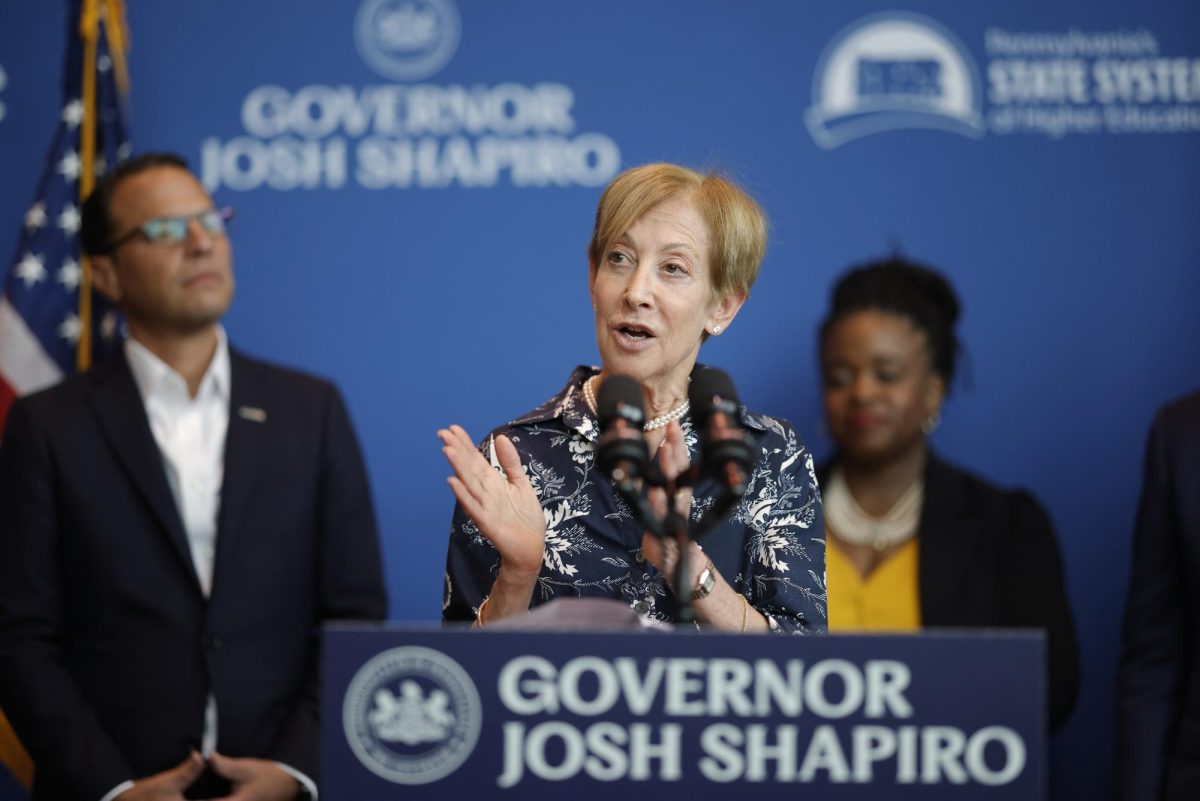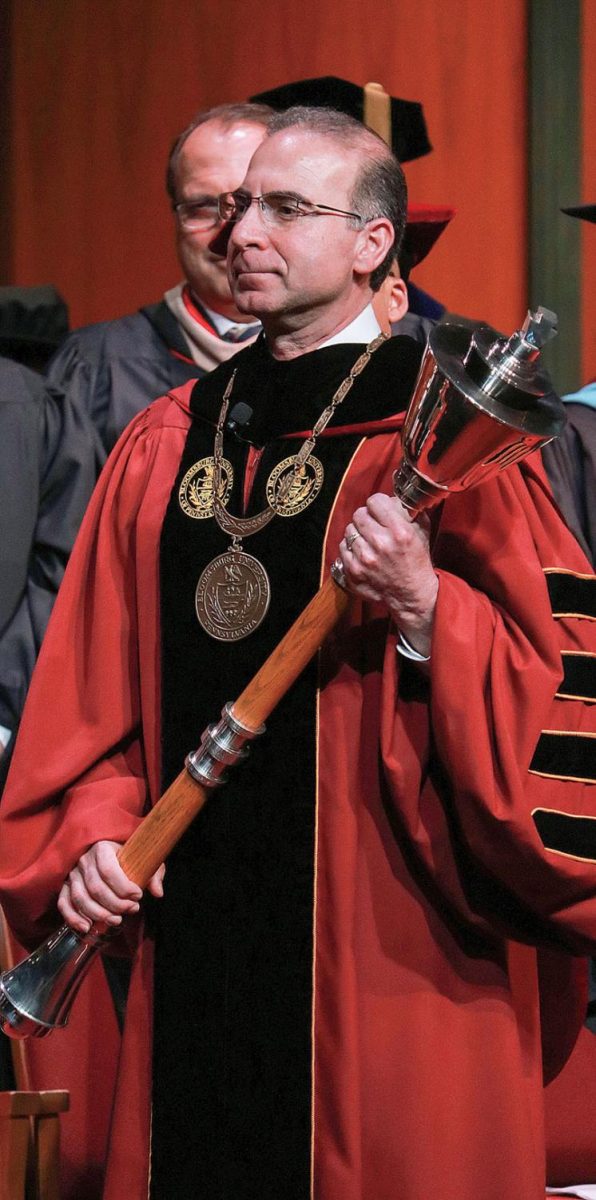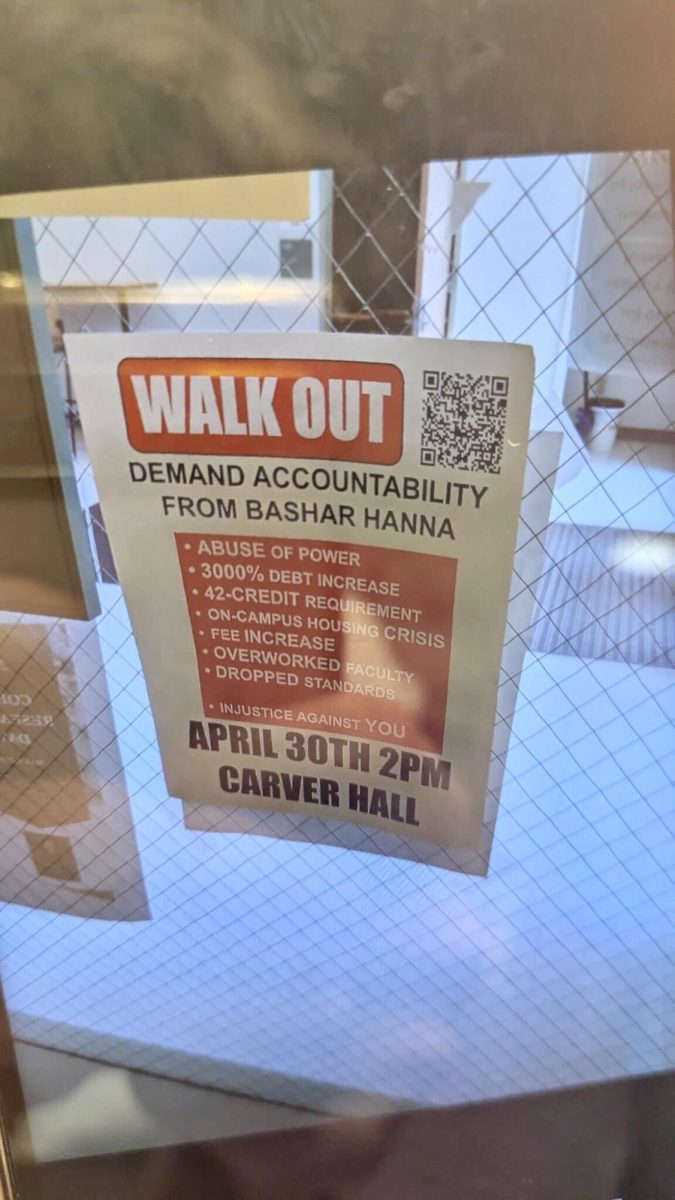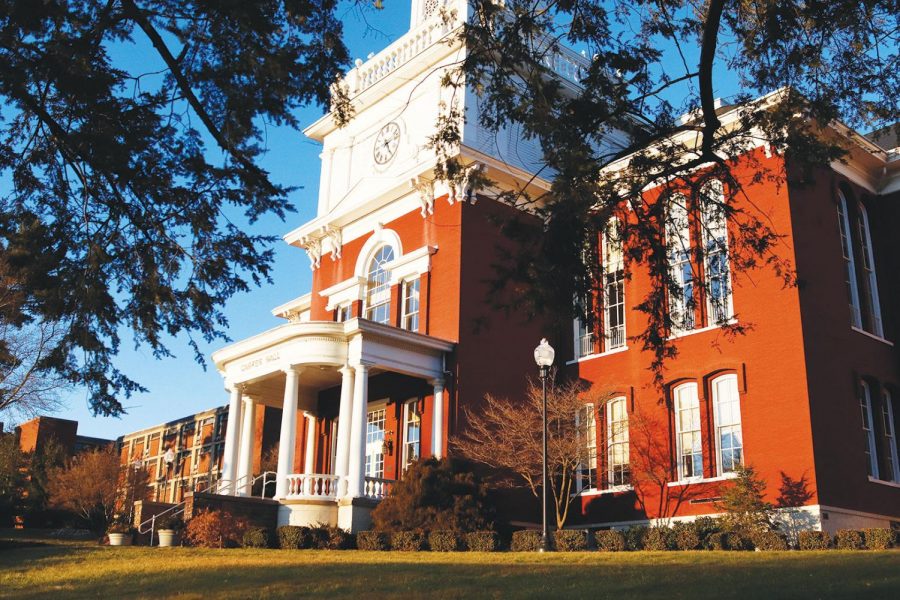The Board of Governors is the organization that oversees the Pennsylvania State System of Higher Education (PASSHE), which is made up of the 10 Pennsylvania state universities, including Commonwealth University. They hold many important responsibilities, such as hiring the presidents of the PASSHE universities, setting the cost of tuition and overall managing the universities included in PASSHE.
What do they do?
The Board of Governors holds many responsibilities and jobs. The main job of the Board of Governors is to oversee all 10 of the Pennsylvania State universities, which includes Commonwealth, Millersville, Kutztown, Slippery Rock, West Chester and more (see photo below for a complete map of PASSHE schools). The Board of Governors was also the organization that decided to integrate the three universities (Bloomsburg, Lock Haven, and Mansfield) into Commonwealth University.
One of the most well-known things that the Board of Governors does is they annually set the tuition rate for the PASSHE schools. This process begins in a meeting in October, where the Board of Governors decides the amount of money they will request from the state government. Then in June the state government creates a budget that includes the amount of money they will give the Board of Governors. From this, the Board of Governors can decide whether they need to raise the cost of tuition or not.
The Board of Governors usually meets 4 times a year, and one of those meetings is held at one of the PASSHE universities.
Kevin Hensil, the Director of Media Relations in the Office of the Chancellor, stated, “The big thing they do is they really establish the statewide vision for the entire system. Then the chancellor or CEO of the system really develops, from their vision, the standards and procedures.”
Hensil explains that they don’t necessarily monitor the specific things that go on at each individual campus, but focus more on general standards for all universities, leaving the university-level implementations of those policies to the president of each university.
Another important job of the Board of Governors is that they are responsible for hiring the president of each PASSHE University.
“They put a lot of work into making sure they are working with the individual universities, making sure they are selecting the right person to become the next president of each institution,” said Hensil.
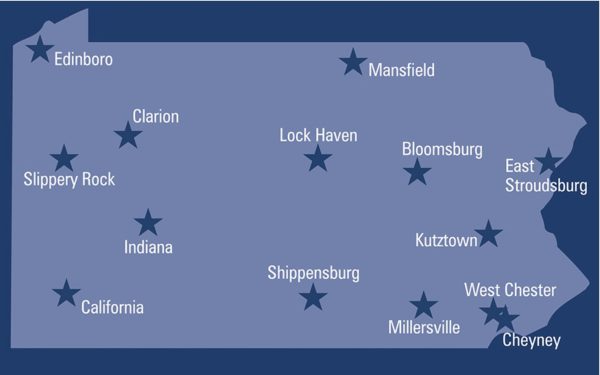
Hensil explains that the Board of Governors focuses a lot on aligning academic experiences with workforce demands.
“We are looking at where are there gaps in Pennsylvania’s workforce and how can we help students who want to go to get those jobs,” said Hensil.
The Board of Governors sets up the main policies for the PASSHE schools, and then the leaders of each individual university is tasked with implementing them into their university.
The most recent change implemented by the Board of Governors was to the criminal background check policy for PASSHE employees. Prior to this change, all PASSHE employees had to complete a federal background check prior to beginning work for PASSHE. While this sounds good, Hensil explained that it proved to be a burden for student workers as it delayed their ability to start working on campus.
The universities brought this issue to the Board’s attention, and the members of the Board of Governors worked to create a new policy, which was then approved at their February meeting.
According to Hensil, the new policy would do the three things: require background checks for all employees and volunteers except student employees, clean up language (including the title of the policy) to provide clarity and ensure continued adherence with state statutes.
Who is a part of the Board of Governors?
Currently, the Board of Governors has 20 members. 11 of this 20 are members who have been elected to the Board by the governor of Pennsylvania. Hensil explains the process as the governor having to recommend candidates to the state Senate, who then approves their membership to the board.
Three of the twenty members are student representatives. Students are nominated by their universities to be a part of Board of Governors, and then the Board of Governors choose three students from the nominations they receive. They have the same responsibilities and rights as the other members do.
“They are a sitting member of the board and they also vote on things like tuition increase and all the policies that come forward…. [They also] help to provide the student perspective about the state system and what its 10 universities should be doing.”
The remaining four members of the Board of Governors are legislators who are appointed to the Board of Governors by “the majority and minority leaders of the Senate and House of Representatives, respectively”.
How can you get involved?
The Board of Governors meetings are public meetings, meaning members of the community are welcome to watch and participate. All meetings are livestreamed, so community members can watch in person or virtually. In addition, all meetings have a time for public comment, where community members can share their opinions and ask questions. The 2024 meeting dates are February 7 – 8, April 10 – 11, July 10 – 11, October 9 – 10 (the public meetings are typically held on the second day). The October 2023 meeting of the Board of Governors was held in the Kehr Union Building at Bloomsburg University and a press release from that meeting can be found here.
















